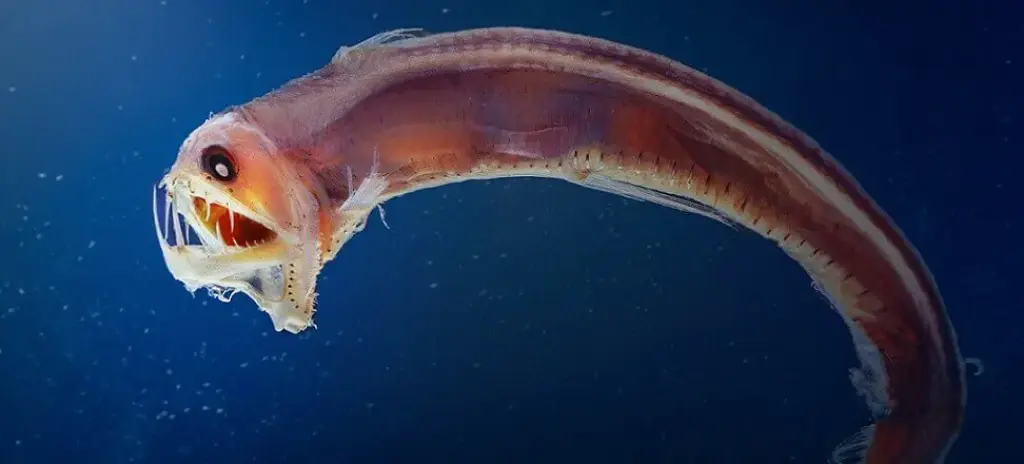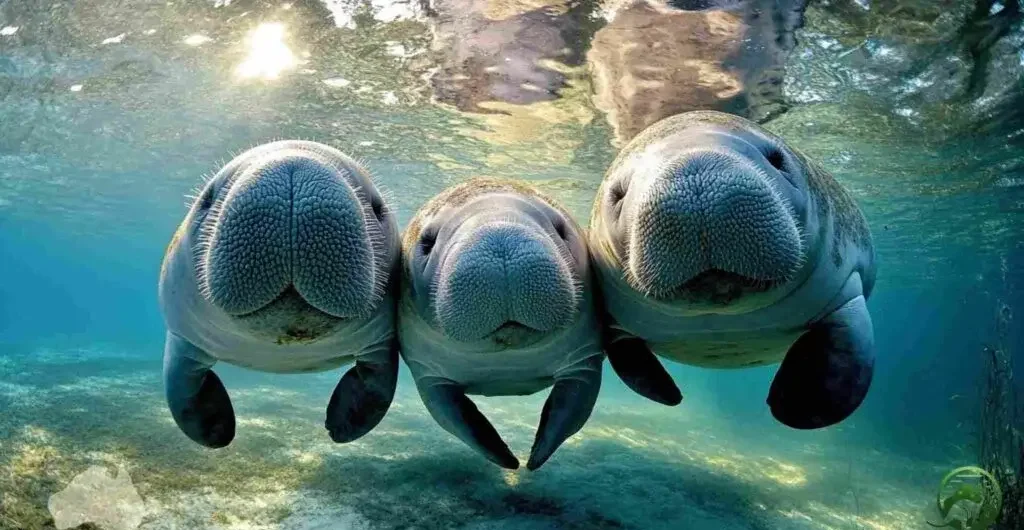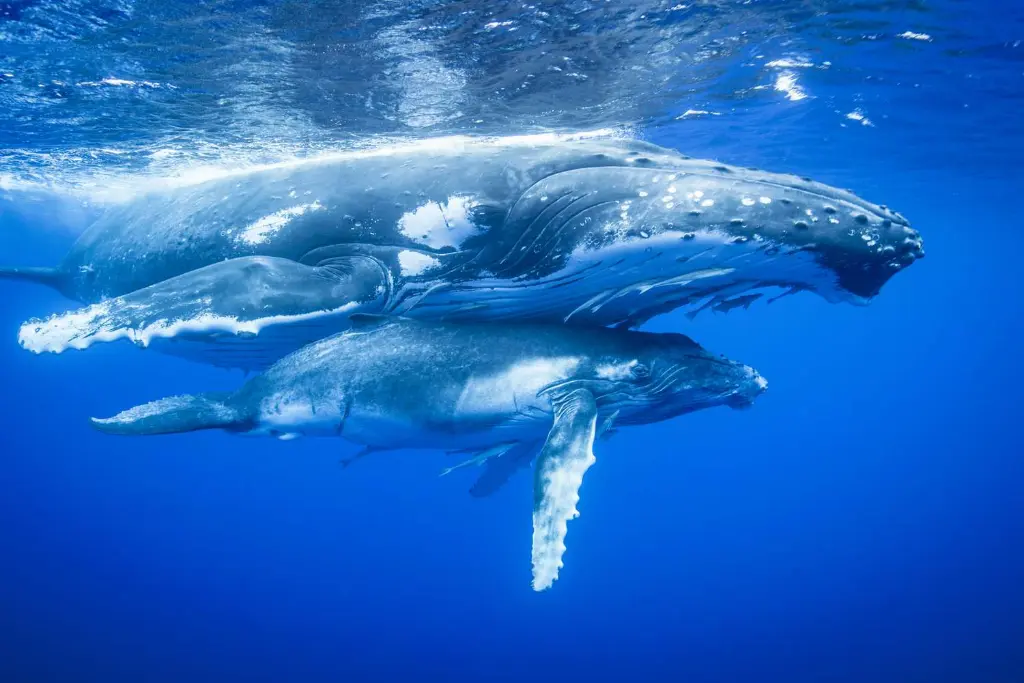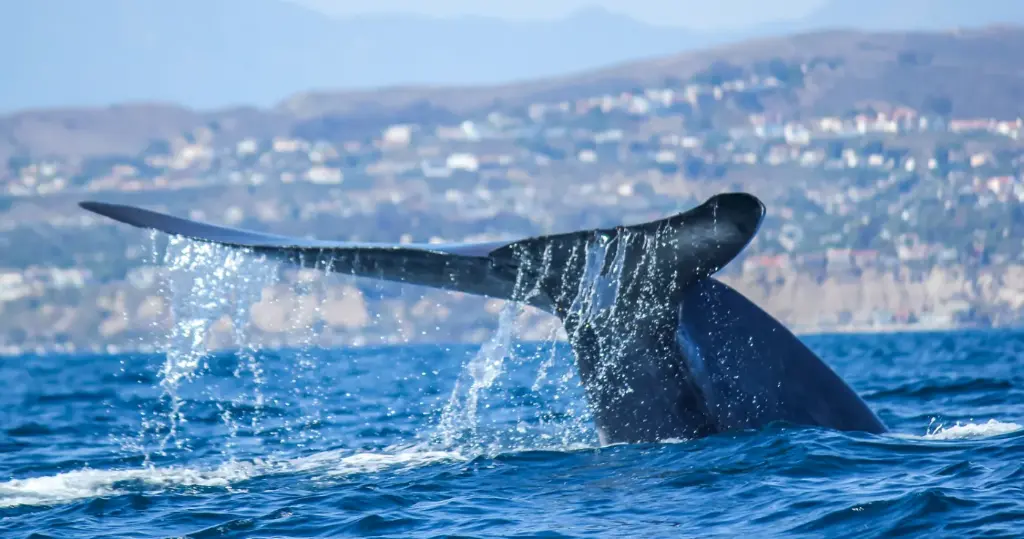Our oceans, covering over 70% of the Earth’s surface, remain largely unexplored. They are a vast, mysterious realm teeming with unknown life, geological wonders, and potentially groundbreaking resources. This unexplored domain presents incredible opportunities for future exploration and discovery, offering insights into everything from the origins of life to climate change and potential solutions for global challenges.
Why Explore the Oceans?
Exploring the deep sea is not just an academic exercise; it’s crucial for understanding our planet and its future. The oceans play a vital role in regulating the Earth’s climate, providing food and resources, and harboring a vast biodiversity that is largely unknown. Understanding these processes and resources is essential for sustainable management and future innovation.
- Climate Regulation: Oceans absorb significant amounts of carbon dioxide, helping to mitigate climate change.
- Food Security: Oceans provide a significant source of protein for billions of people.
- Biodiversity: The deep sea is a biodiversity hotspot, holding undiscovered species with potential medicinal and industrial applications.
- Resource Potential: Oceans contain mineral deposits, renewable energy sources, and novel compounds.
Challenges of Ocean Exploration
Exploring the deep sea comes with significant challenges. The extreme pressure, darkness, and vast distances require specialized equipment and innovative approaches. Here are some key obstacles:
- Extreme Pressure: Deep-sea environments exert immense pressure on equipment and personnel.
- Darkness: Sunlight penetrates only a limited distance, requiring advanced lighting and imaging technologies.
- Vast Distances: Covering the vast ocean requires long expeditions and sophisticated navigation systems.
- Communication Challenges: Radio waves don’t travel well in water, requiring alternative communication methods.
Future Technologies and Approaches
Advances in technology are revolutionizing ocean exploration, making it possible to reach previously inaccessible depths and conduct more detailed investigations. Some key technologies include:
- Autonomous Underwater Vehicles (AUVs): These robots can explore the ocean independently, collecting data and images without human intervention.
- Remotely Operated Vehicles (ROVs): These tethered vehicles are controlled from the surface, allowing researchers to explore and manipulate objects in the deep sea.
- Advanced Sensors: Improved sensors can measure temperature, salinity, pressure, and other parameters with greater accuracy and sensitivity.
- Underwater Imaging: High-resolution cameras and sonar systems can capture detailed images of the seabed and its inhabitants.
- AI and Machine Learning: Algorithms can process vast amounts of ocean data, identify patterns, and predict future changes.
Potential Discoveries
The potential discoveries in our oceans are vast and far-reaching. Future exploration could lead to:
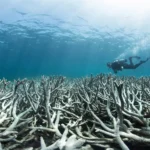 The Coral Reef Crisis: Why These Vibrant Underwater Cities Are Disappearing and How We Can Save Them
The Coral Reef Crisis: Why These Vibrant Underwater Cities Are Disappearing and How We Can Save Them- New Species: The deep sea likely harbors millions of undiscovered species, each with unique adaptations and genetic information.
- New Ecosystems: Discovering new hydrothermal vents, cold seeps, and other unique ecosystems can reveal novel ecological processes.
- New Medicines: Marine organisms contain compounds with potential medicinal properties, which could lead to new treatments for diseases.
- New Resources: The ocean floor contains valuable mineral deposits, such as manganese nodules, which could be used to produce batteries and other essential materials.
- Insights into Climate Change: Studying ocean currents, temperatures, and carbon sequestration can provide crucial insights into climate change and its impacts.
Engaging Table of Features: Ocean Exploration
| Feature | Description | Potential Benefits |
|---|---|---|
| Autonomous Underwater Vehicles (AUVs) | Robots that can explore the ocean independently. | Cost-effective, long-duration exploration, data collection in remote areas. |
| Remotely Operated Vehicles (ROVs) | Tethered vehicles controlled from the surface. | Precise manipulation of objects, real-time observation, sample collection. |
| Advanced Sensors | Highly sensitive instruments for measuring ocean parameters. | Accurate data on temperature, salinity, pressure, and other factors. |
| Underwater Imaging | High-resolution cameras and sonar systems. | Detailed images of the seabed, identification of species, mapping of underwater features. |
| AI and Machine Learning | Algorithms for processing and analyzing ocean data. | Identification of patterns, prediction of future changes, optimized exploration strategies. |
Conclusion
Exploring the uncharted territory of our oceans is an exciting and necessary endeavor. By embracing new technologies and fostering international collaboration, we can unlock the secrets of the deep sea and gain a deeper understanding of our planet. This knowledge will be essential for sustainable resource management, climate change mitigation, and the discovery of new medicines and technologies that can benefit all of humankind. The future of ocean exploration holds immense potential for scientific breakthroughs and a brighter future for our planet.

